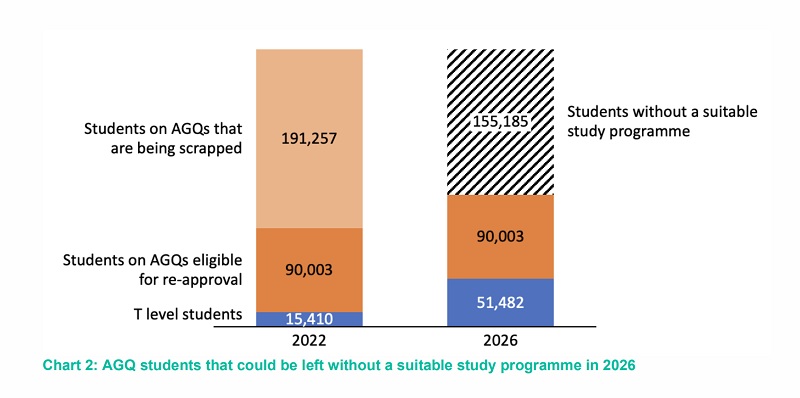In the year that we acknowledge the landmark anniversaries of the NHS and the arrival of the Empire Windrush, we need to also celebrate and acknowledge one of the most influential Black women in medical history.
You may not have heard of Henrietta Lacks, but a bronze statue of her will be unveiled in October on the site where US Black Lives Matters protesters took down the statue of Robert E. Lee. Another was erected last year in Bristol, a city famous for toppling its own monument of Edward Colston.
Lacks was an African American woman whose cancer cells were taken without her knowledge or consent during a medical procedure to remove a tumour in 1951. These so-called HeLa cells – an abbreviation of her name – turned out to be the first human cells to be successfully cultured and continue to divide outside the body indefinitely. They became invaluable to medical research and contributed to numerous scientific discoveries, including the development of vaccines and treatments for polio, HIV/AIDS, Parkinsons, infertility and coronaviruses.
Her contributions to science are immense, but until recently her family faced challenges and hardships due to the unauthorised use of her cells. Their fight brought attention to the need for informed consent and equitable distribution of benefits from medical research, and her legacy continues to be a significant topic in ongoing conversations about medical research ethics.
Though not directly related to the NHS, understanding Henrietta’s story can shine a light on the continuing inequity in UK healthcare systems, research ethics and patient rights. Indeed, these well-documented inequalities persist in spite of the contribution of minoritised communities to the NHS workforce.
All of which makes the story ideal for your PSD, careers and EDI delivery. Students in health and social care, law and business could discuss it in the context of GDPR, ongoing efforts to safeguard patient rights, the importance of upholding ethical standards, and ensuring that medical research serves the best interests of patients and society as a whole. And of course, it’s a look back in history shining a light on a largely untold story.
Her story highlights a historical pattern of exploitation
Incorporating Henrietta Lacks’s story into the curriculum can help shape future healthcare professionals who are not only knowledgeable in their fields but also empathetic, ethically aware, and committed to advocating for patient rights and well-being.
The racial, gender and economic elements of social injustice in relation to Henrietta Lacks are significant. Her treatment by medical professionals was deeply influenced by the fact that she was a poor African American woman living in the era of racial segregation and discrimination. It was not until 2013 that the National Institutes of Health allowed her family some control over access to her genomic data.
Henrietta’s cells were taken without her knowledge or permission during a time when medical procedures on African Americans were often conducted without proper informed consent. This highlights a historical pattern of exploitation and disregard for the rights and autonomy of Black individuals in medical research.
It has been compellingly argued that this treatment, including experimentation on minoritised communities, is one of the reasons some were reluctant to take the Covid vaccine even at the height of the pandemic. Research continues to highlight the higher infant mortality rates in some communities and the higher death toll from Covid among patients from minoritised groups illustrating the health inequality that continues to exist in the UK today.
Lacks’s cells have generated enormous profits for the scientific community and commercial entities. But it wasn’t until last month that a protracted legal battle ended in compensation for her family – 70 years after her death.
Economic exploitation aside, for many years the identity of the cells’ donor was not widely known. Lacks’s contribution to medical research remained largely anonymous – a typical example of the kind of erasure of Black people’s contributions to society that we have only just begun to unpick through our curriculum work.
All of which makes Lacks’s the perfect story to spark conversations about the importance of representation, informed consent, and equitable distribution of benefits in medical research – and more widely.


